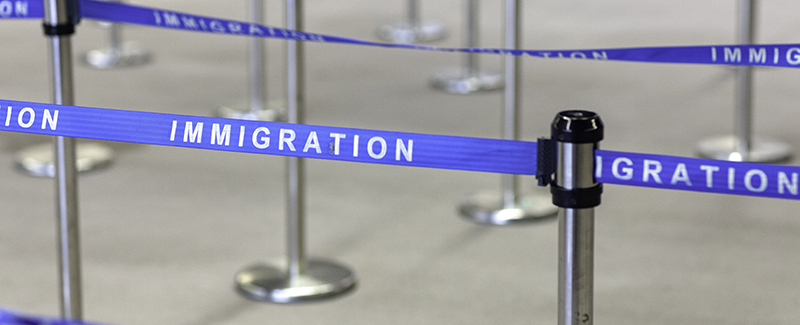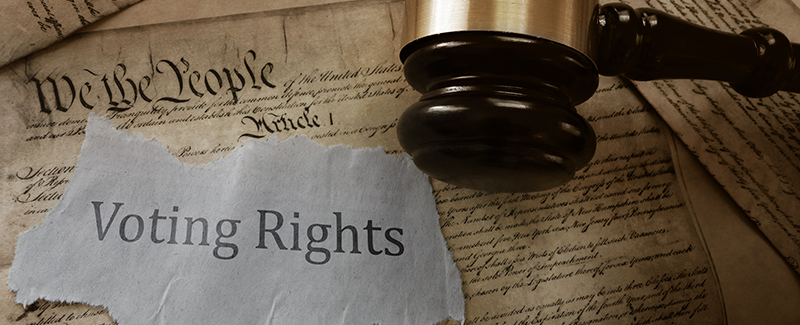Roughly 72 percent of colleges require applicants to provide information regarding their criminal history when applying. The University of Minnesota conducted research on this phenomenon by recruiting pairs of applicants to apply to schools across the nation, one with a felony charge and one without. In each case, the applicant with a felony charge had a slightly better academic record than the applicant without, yet applicants without a felony charge were admitted at a significantly higher rate. The applicants without a felony charge were admitted 90% of the time, while the applicants with conviction were admitted only 75% of the time.
The University of Minnesota stopped asking about an applicant’s criminal record in 2017. Instead, the University asks about discipline stemming from sexual misconduct or academic dishonesty—information that has a direct effect on student performance and safety. University officials said the box, referring to the box applicants would check if they have a criminal record, could have “a dampening effect” on applicants who are disproportionately affected by the criminal justice system, particularly African American males.
University officials of colleges who still use it claim that the box exists to reduce campus crime, yet there is not sufficient evidence to back this notion. Evidence does show, however, that a large portion of individuals with a criminal record are people of color who come from socio-economically disadvantaged backgrounds—people that could probably benefit the most from higher education. By reducing the likelihood of admission for such a specific group of people, the box allows for a cycle of poverty and inequality to continue. To ban the box is to remove a significant barrier for those with felony convictions, giving them a greater chance at climbing the socio-economic ladder and pursuing a better life.











